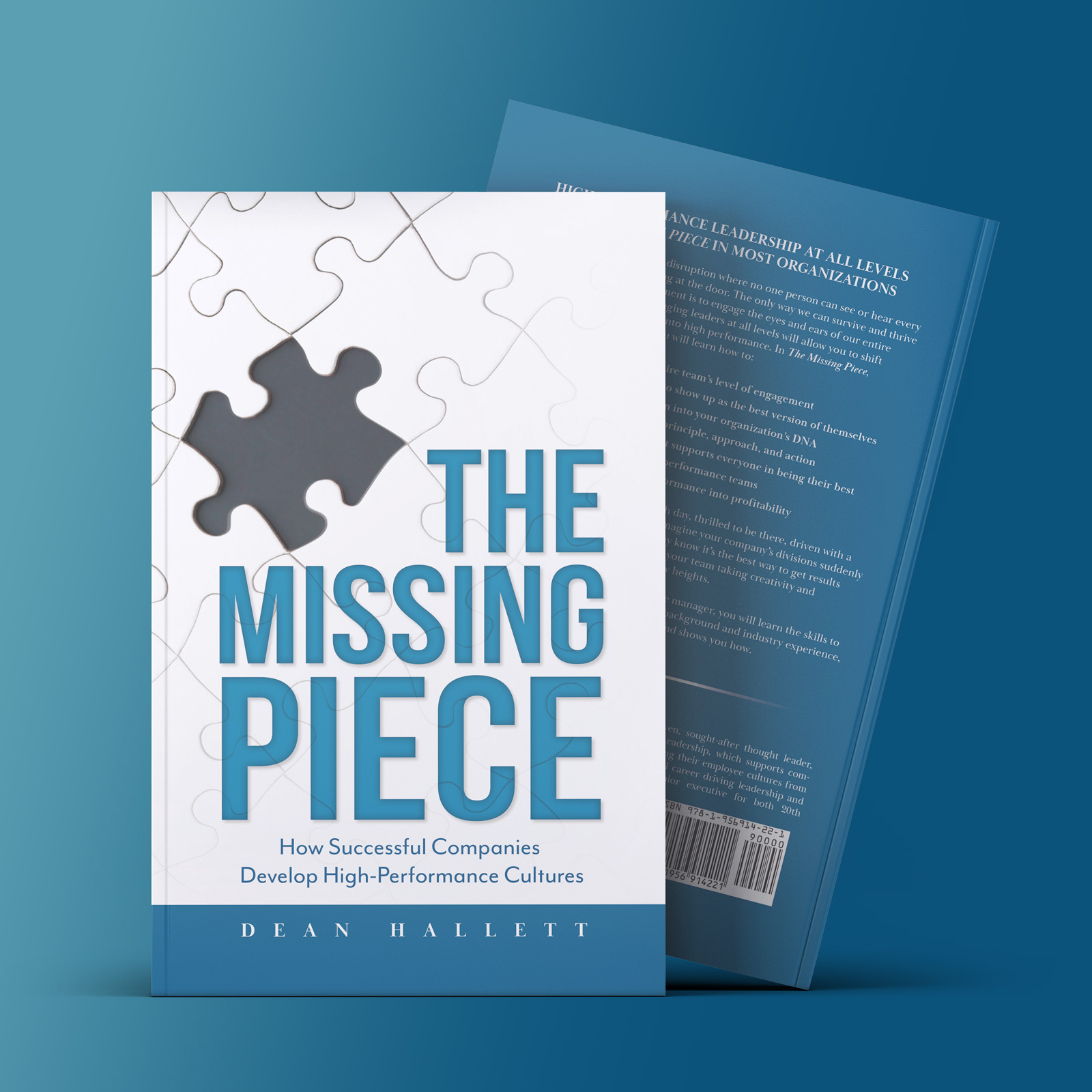
In today’s fast-paced and interconnected world, leadership is no longer just about meeting deadlines or managing tasks. It’s about fostering an environment of trust, collaboration, and growth. At the core of this shift lies emotional intelligence, the ability to understand, manage, and effectively use emotions to connect with others.
For me, emotional intelligence is the cornerstone of transformative leadership – a style that prioritizes self-awareness, empathy, and the development of authentic relationships within teams.
My transformative story begins with a childhood shaped by a challenging dynamic: growing up with a bully for a big brother. That experience instilled beliefs in me that many can relate to, but that understanding didn’t help me feel any less isolated. I formed a fixed belief at an early age that the world was unsafe and it was better to be seen and not heard. In fact, in my case, I concluded that in many circumstances it was better not to be seen at all.
These beliefs became deeply ingrained. I knew I was intelligent, so I leaned heavily into my academics in order to feel successful in some area of my life. Unfortunately, in the process, I shut down parts of myself that I deemed vulnerable.
Fast forward to my twenties, when I attended a transformative emotional intelligence training workshop. It was in this workshop that I confronted the ways in which I had shut down and protected myself from the “real” world. I discovered there was so much more to me than just my intellect. I came to realize that by embracing vulnerability and openness, I could unlock parts of myself that had been dormant for so long. This pivotal moment became the foundation for my journey into leadership development and human connection. I began asking myself, “How do I build the best teams? How do I get people to connect and trust each other?” And so, I went to work.

That journey taught me a crucial truth: effective leadership starts with self-awareness. Leaders who cultivate emotional intelligence not only understand their own emotions but also navigate the emotions of others with empathy and tact. For me, emotional intelligence has several key components:
- Self-Awareness: Understanding my emotional triggers and patterns was the first step toward managing them effectively.
- Self-Regulation: I learned to control impulsive behaviors and stay composed under pressure.
- Empathy: Recognizing and understanding the emotions of others helped me foster trust and stronger relationships.
- Social Skills: Effective communication and conflict resolution became my foundation for building cohesive teams.
- Motivation: I uncovered my passion to achieve goals for intrinsic reasons rather than external rewards.
I took what I learned and applied it to my professional journey. After beginning in public accounting, I eventually made my way to Disney, where I became the Director of Finance for Motion Picture Marketing. This role marked a turning point in my career. Suddenly, I was no longer working exclusively with Finance teams. Now, I was working with an eclectic mixture of professionals in Hollywood, from creative marketing teams to publicity to national and local promotions. Building trust was vital, and I had to find a way to connect with these creative, passionate people rather than just becoming the “finance police.”
At Disney, I learned to tap into all those parts of me that I had held in reserve in order to develop trust and work with people collaboratively. This approach not only elevated my performance but also inspired me to apply these lessons to my own teams. When I moved to Fox, I encountered a welcome surprise: a lack of infrastructure. The fact that Fox did not have a solidified employee development program presented a huge opportunity. I was able to work closely with Human Resources, and with their support, I created what evolved into Hallett Leadership’s Accelerated Leadership Program.
The Accelerated Leadership Program

The Accelerated Leadership Program is a nine-month initiative designed to build trust, enhance communication, and foster collaboration within and across teams. The program’s cornerstone is its focus on creating a culture where individuals feel safe, and are empowered to share ideas and provide feedback. For me, it’s about developing a bond that transcends workplace politics and cultivates a spirit of mutual service.
By teaching participants to interrupt fixed beliefs and fixed behaviors, the Accelerated Leadership Program enables teams to embrace their authentic selves. This transformation is not merely theoretical but practical and experiential. Through exercises that encourage vulnerability, open dialogue, and accountability, participants reprogram limiting beliefs and unleash their potential as leaders.
In 2019, I founded Hallett Leadership to bring my transformative vision to a wider audience. Today, our company trains teams to thrive in high-performance environments by fostering trust and collaboration. In addition to team training, we also provide executive coaching, helping leaders unlock their potential and embrace emotional intelligence as a foundational skill.
At the heart of my philosophy is the idea that many of the characteristics we value in children—kindness, courage, and a willingness to help others—are often suppressed as we grow older. Adulthood brings with it a set of protective behaviors that reinforce limiting beliefs. Transformative leadership is about breaking through these barriers and reawakening the qualities that make us our best selves.
The Ripple Effect of Transformative Leadership

The impact of emotionally intelligent leadership extends far beyond individual leaders. When leaders model vulnerability, empathy, and collaboration, they create a ripple effect that transforms workplace culture. Teams that operate in an environment of psychological safety are more innovative, resilient, and engaged. Employees feel empowered to take risks, share ideas, and contribute to the collective success of the organization.
Beyond that, emotionally intelligent leaders are better equipped to navigate the complexities of today’s business environment. Whether managing remote teams, addressing social issues, or adapting to economic uncertainty, leaders who prioritize emotional intelligence are uniquely positioned to inspire and guide their teams through change.
How to Develop Emotional Intelligence as a Leader

For those seeking to enhance their emotional intelligence, the journey begins with self-reflection and intentional practice. Here are some actionable steps I recommend:
Seek Feedback: Regularly solicit input from colleagues, mentors, and team members to gain insights into your leadership style and blind spots.
Practice Active Listening: Focus on understanding what others are saying without immediately formulating a response. Validate their feelings and perspectives.
Develop Self-Regulation Techniques: Use mindfulness practices, such as meditation or journaling, to stay grounded and manage stress.
Foster Empathy: Take the time to understand the challenges and motivations of your team members. Show genuine care and support.
Engage in Leadership Training: Participate in programs like Hallett Leadership’s Accelerated Leadership Program to gain practical tools and insights for cultivating emotional intelligence.
Lead by Example: Demonstrate the behaviors you wish to see in your team, such as vulnerability, openness, and collaboration.
My journey illustrates that leadership is not a destination but a continuous process of growth and self-discovery. By embracing emotional intelligence, we can break free from limiting beliefs and create a lasting impact on our teams and organizations. Transformative leadership is not about perfection but about authenticity—showing up as your true self and inspiring others to do the same.
The future of leadership lies in our ability to connect with one another on a human level. As we navigate an ever-changing world, those of us who prioritize emotional intelligence will not only achieve success but also elevate those around us to new heights. Whether you are a seasoned executive or an aspiring leader, now is the time to invest in your emotional intelligence and embark on your own transformative journey.




